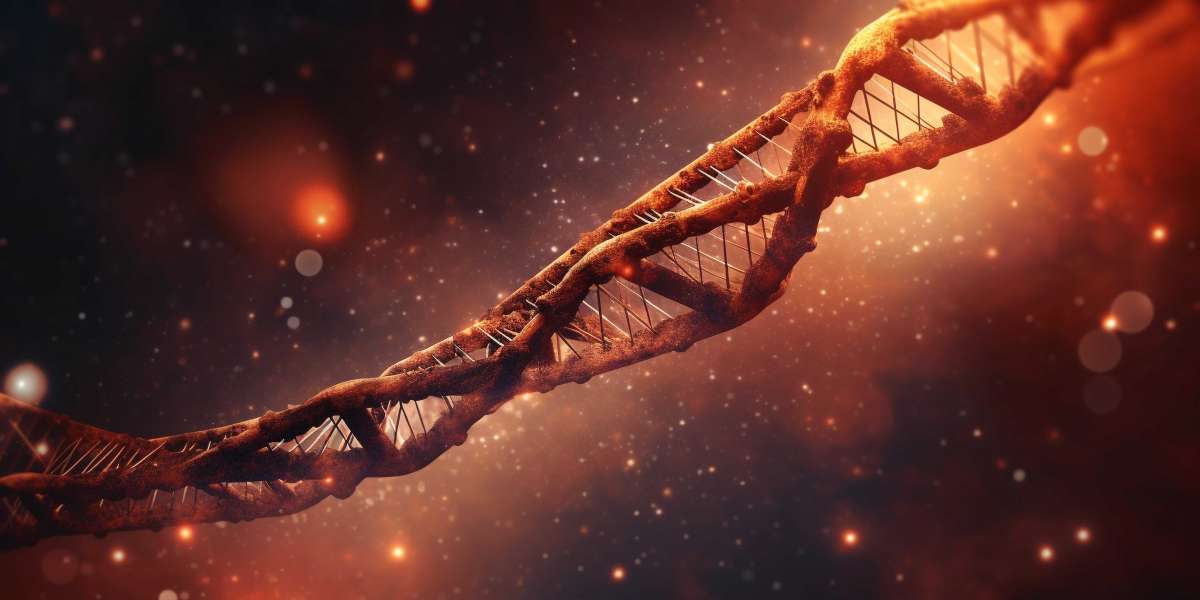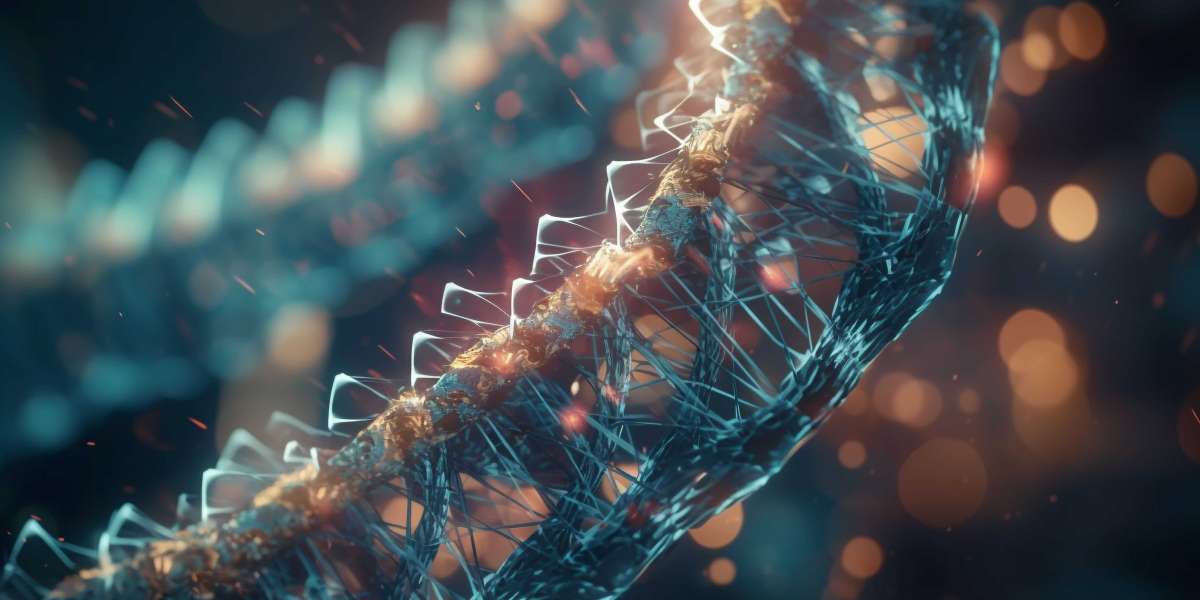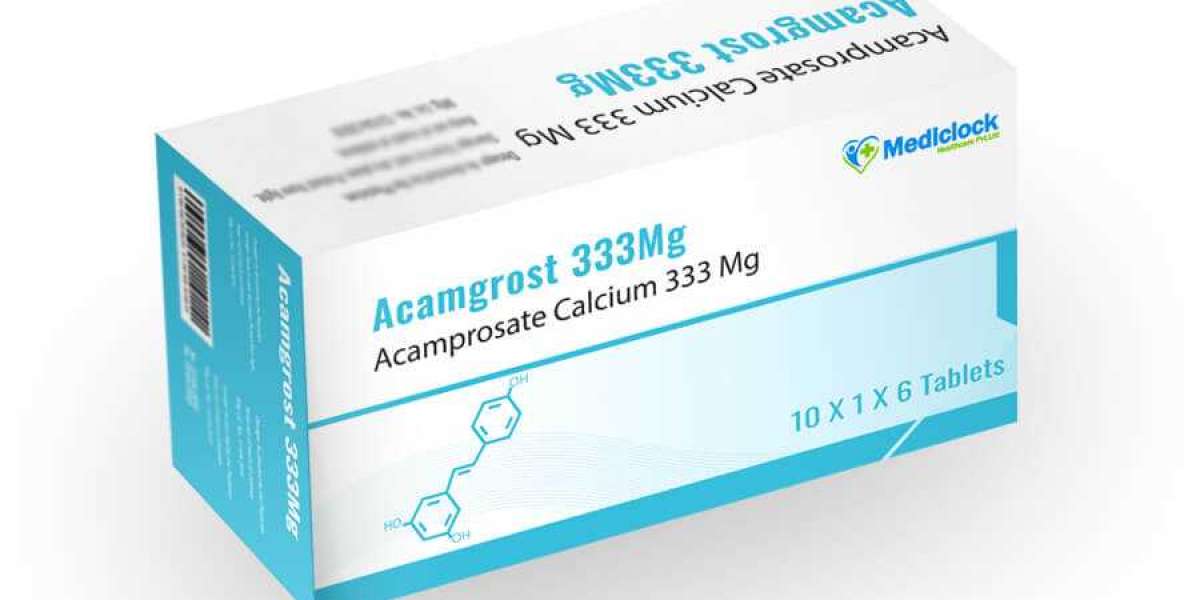Neuromuscular disorders encompass a broad range of conditions that affect the muscles and the nerves that control them. These disorders, such as Duchenne muscular dystrophy (DMD), spinal muscular atrophy (SMA), and amyotrophic lateral sclerosis (ALS), often lead to progressive muscle weakness and loss of motor function. Traditional treatments have largely focused on symptom management, but recent advances in nucleic acids and gene therapies are paving the way for more targeted and effective strategies.
The Role of Nucleic Acids in Neuromuscular Disorders Treatment
Nucleic acids, including DNA and RNA, play a crucial role in the development of gene therapies aimed at correcting the genetic defects underlying many neuromuscular disorders. These therapies work by introducing, modifying, or silencing specific genes to restore or modify the production of proteins that are critical for muscle and nerve function. The precision and specificity of nucleic acid-based approaches have opened new avenues for treating previously untreatable conditions.
Gene therapies have shown particular promise in addressing the root causes of neuromuscular disorders. For example, antisense oligonucleotides (ASOs) are short strands of synthetic DNA or RNA that can bind to messenger RNA (mRNA) and modulate the expression of specific genes. This approach has been used successfully in treating SMA, where ASOs increase the production of the SMN protein, which is deficient in affected individuals. The success of ASOs in SMA has spurred further research into their potential for other neuromuscular disorders.
DMD Gene Therapy: A Beacon of Hope
Duchenne muscular dystrophy (DMD) is one of the most severe neuromuscular disorders, characterized by a lack of dystrophin, a protein essential for muscle strength and function. DMD gene therapy aims to address the underlying genetic mutation that causes the disease. One promising approach involves the use of viral vectors to deliver a functional copy of the dystrophin gene to muscle cells. This strategy has shown encouraging results in preclinical and early clinical trials, with some patients experiencing improvements in muscle function.
Another innovative approach to DMD gene therapy involves exon skipping, a technique that uses ASOs to bypass faulty sections of the dystrophin gene, allowing for the production of a shortened but functional version of the dystrophin protein. This method has led to the development of drugs like eteplirsen, which have been approved for use in specific DMD patients.
The Future of Nucleic Acids and Gene Therapies in Neuromuscular Disorders
As research continues to advance, nucleic acids and gene therapies hold the potential to transform the treatment landscape for neuromuscular disorders. These next-generation therapeutic strategies offer the hope of not just managing symptoms but addressing the root causes of these debilitating conditions. With ongoing clinical trials and the development of new technologies, the future looks promising for patients with neuromuscular disorders like DMD. The integration of these therapies into clinical practice could significantly improve the quality of life for affected individuals, marking a new era in the treatment of neuromuscular diseases.
Trending Reports







